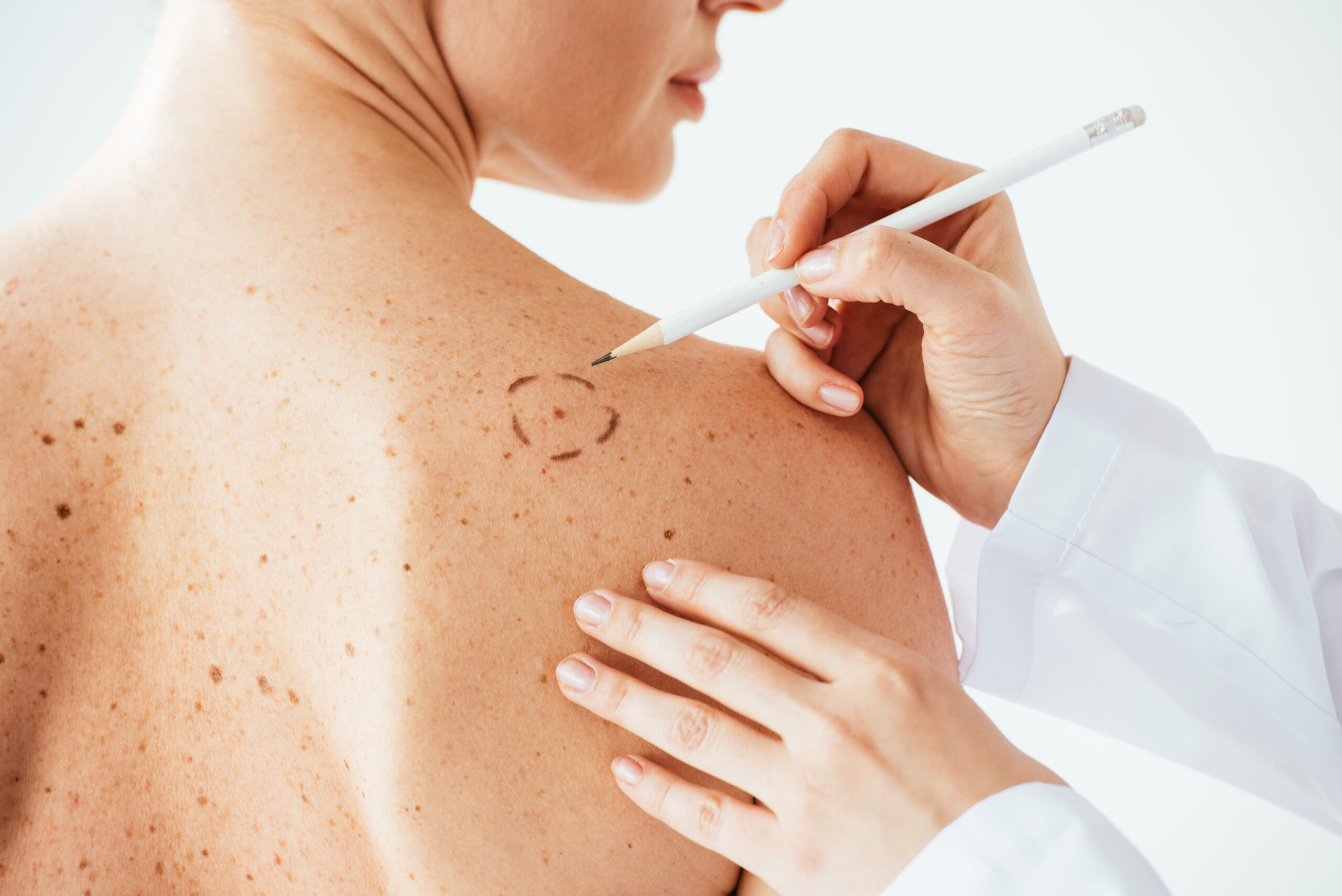Question
« Le règlement grand-ducal du 18 décembre 2024, modifiant le règlement grand-ducal modifié du 21 décembre 1998 arrêtant la nomenclature des actes et services des médecins pris en charge par l’assurance maladie, prévoit, selon mes informations, de supprimer le remboursement par la Caisse nationale de santé (CNS) des actes associés à la photographie dermatoscopique, une technique utilisée pour le suivi des lésions cutanées à haut risque de développement d’un cancer de la peau. Depuis l’entrée en vigueur de ce nouveau règlement, fixée au 1er janvier 2025, le coût de cet acte est intégralement à la charge du patient, pour un montant s’élevant à 70 euros.
Dans ce contexte, j’aimerais poser les questions suivantes à Madame la Ministre de la Santé et de la Sécurité sociale :
- Comment le la Commission de nomenclature a-t-elle motivé sa décision de suppression du remboursement par la CNS des photographies dermatologiques précédemment couvertes dans l’ancienne nomenclature?
- Dans le cadre de cette révision, un avis consultatif a-t-il été sollicité auprés de la Société Luxembourgeoise de Dermato-Vénéréologie ou d’autres instances médicales compétentes ? Dans l’affirmative, quelles ont été les conclusions formulées par ces organismes?
- Madame la Ministre, peut-elle fournir le montant annuel total des remboursements effectués par la CNS pour ces actes de photographie dermatoscopique au cours des cinq dernières années ainsi que le nombre moyen de patients ayant bénéficiés de ces prestations sur la même période? »
Answer
- Comment la Commission de nomenclature a-t-elle motivé sa décision de suppression du remboursement par la CNS des photographies dermatologiques précédemment couvertes dans l’ancienne nomenclature ?
Etant donné qu’un acte intitulé « photographie dermatoscopique » n’existait pas au niveau de la section 8 « Dermatologie » du chapitre 1er de la deuxième partie du tableau des actes et services du règlement grand-ducal modifié du 21 décembre 1998 arrêtant la nomenclature des actes et services des médecins pris en charge par l’assurance maladie avant les modifications visées, nous sous-entendons que la question parlementaire vise l’ancien acte 1D82 « Dermatoscopie documentée pour lésions naeviques multiples avec examen complet de l’organe peau seulement dans le cadre de naevus atypique, à partir de 14 ans, non renouvelable avant 6 mois – CAC ». Cet acte a été remplacé par l’acte CKQ12 « Examen complet du tégument par un médecin spécialiste en dermatologie, avec dermatoscopie, non renouvelable avant 6 mois – CAC ».
- Dans le cadre de cette révision, un avis consultatif a-t-il été sollicité auprès de la Société Luxembourgeoise de Dermato-Vénéréologie ou d’autres instances médicales compétentes ? Dans l’affirmative, quelles ont été les conclusions formulées par ces organismes?
La refonte de la section 8 « Dermatologie » du chapitre 1er de la deuxième partie du tableau des actes et services du règlement grand-ducal modifié du 21 décembre 1998 arrêtant la nomenclature des actes et services des médecins pris en charge par l’assurance maladie a été adoptée après des discussions préalablement menées entre la CNS et la Société Luxembourgeoise de Dermatologie Vénérologie.
- Madame la Ministre, peut-elle fournir le montant annuel total des remboursements effectués par la CNS pour ces actes de photographie dermatoscopique au cours des cinq dernières années ainsi que le nombre moyen de patients ayant bénéficiés de ces prestations sur la même période? »
Comme indiqué plus haut par le règlement grand-ducal du 13 décembre 2024, modifiant le règlement grand-ducal modifié du 21 décembre 1998 arrêtant la nomenclature des actes et services des médecins pris en charge par l’assurance maladie-maternité, l’acte en position 27) « Dermatoscopie documentée pour lésions naeviques multiples avec examen complet de l’organe peau seulement dans le cadre de naevus atypique, à partir de 14 ans, non renouvelable avant 6 mois – CAC 1D82 »de l’ancienne nomenclature a été remplacé par l’acte en position 4) « Examen complet du tégument par un médecin spécialiste en dermatologie, avec dermatoscopie, non renouvelable avant 6 mois – CAC CKQ12 ».La photographie dermatoscopique fait partie de ces actes qui désignent des examens dermatoscopiques complets.
Le nombre moyen d’assurés ayant bénéficié d’une prise en charge d’un examen dermatoscopique complet entre 2021 et 2024 s’établit à 17.673 assurés et le montant annuel moyen pris en charge par l’assurance maladie-maternité pour ces assurés s’établit à quelque EUR 354.900 sur la période respective. Au cours du premier trimestre 2025, 11.129 assurés ont bénéficié d’une prise en charge par l’assurance maladie-maternité du nouvel acte CKQ12 pour un montant de quelque EUR 217.300.






